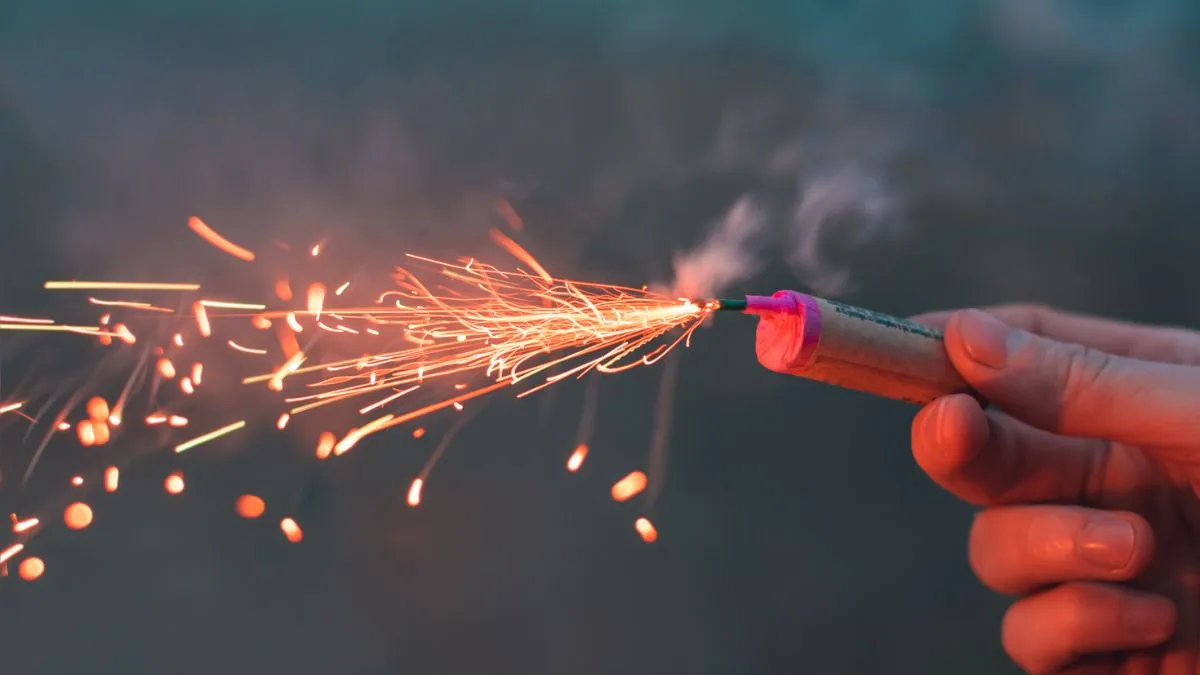- By Chetna Shree
- Fri, 24 Oct 2025 07:23 PM (IST)
- Source:JND
Carbide Guns: After nearly 300 people sustained vision-threatening eye injuries during Diwali celebrations across Madhya Pradesh, the state government banned the sale, purchase and manufacture of calcium carbide guns, commonly used as firecrackers.
Of the 300 people who suffered vision-threatening eye injuries from banned carbide guns, about 15 have undergone eye surgeries in Bhopal, while another 15 remain under medical observation.
Over 50 injuries were reported in Vidisha and 56 in Gwalior, with most victims being children aged seven to 14, Hindustan Times reported.
What Are Carbide Guns?
Carbide guns are locally made explosive devices, not conventional fireworks. They are made by adding water to calcium carbide, a chemical used in fruit ripening and welding, inside sealed or partially sealed containers like pipes, bottles, or tin boxes, creating a dangerous reaction.
When the water comes in contact with calcium carbide, it produces acetylene gas, a colourless and highly flammable substance used in welding. As the reaction takes place inside sealed or partially sealed containers, the gas builds pressure rapidly, and a spark, flame, or even friction can trigger a violent explosion, causing a loud blast and sometimes a flash of fire.
During Diwali celebrations, children are often drawn to carbide guns because their blasts mimic gunshots or bombs, and carbide powder is widely available in local markets. Unlike traditional fireworks, these explosive devices are uncontrolled and can explode violently, sending metal shards flying at high speed.
Carbide guns explosion mostly injures the face and eyes, since children tend to lean in close to light them. Every Diwali, hospitals across the states report cases of corneal burns, retinal injuries, severe eye damage, hand burns, and deep facial cuts.
Just days before Diwali, Madhya Pradesh Chief Minister Mohan Yadav had instructed district magistrates and police officers to curb the sale of carbide pipe guns, but it continued to be sold widely. Prompting this, Deputy Chief Minister Rajendra Shukla ordered the district administration to seize the existing stocks and stop the sale and production of calcium carbide guns.
However, the carbide guns continued to be sold widely, leading to numerous vision-threatening eye injuries during Diwali celebrations.

